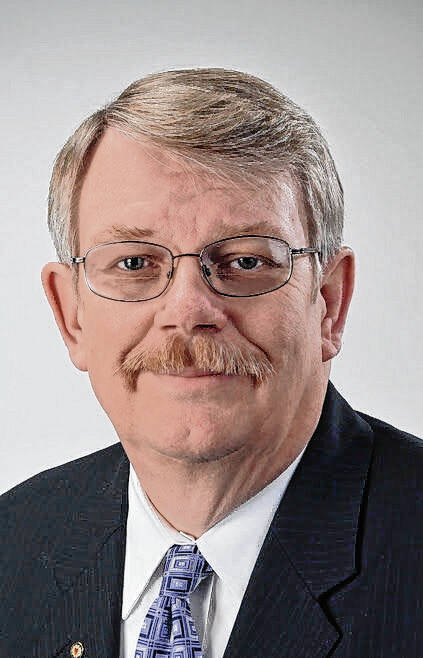Several books and opinion columns I’ve read in the past months have sounded the death knell of the two-party system in America. Or at least encouraged those bells to toll.
The basic argument is that the Republican and Democratic parties have become too entrenched within the Washington elite so that there are no significant differences in how the parties conduct legislative business. These elites have a razor focus on their own exercise of power and control of the nation’s financial resources. It doesn’t matter whom you vote for or which party wins, nothing really changes.
Or so the argument goes.
I don’t buy the premise but am willing to consider the proposed solution — that of a multi-party electoral system.
First, let’s debunk the notion that it doesn’t matter whom you vote for as nothing will change. Is the Biden presidency simply an extension of Trump’s which in turn was nothing more than an extension of Obama’s? I don’t hear many of my conservative friends saying that it didn’t matter that Biden was elected and I can still hear the metaphorical gnashing of teeth among liberals because Trump won in 2016. Elections don’t matter anymore?
Like most imperfect premises, there is a kernel of truth to be found. Recall Donald Trump’s promise to drain the swamp. The swamp is still there, more dangerously virulent than ever. The deep state is not just a figment of some talk show host’s fevered nightmare. Witness the chilling actions of the FBI over the past two election cycles.
So I will concede partial validity of the problem statement and move on to the proposed solutions.
One I hear most often is the necessity of a viable third-party option. But what has been the historical outcome when such an option existed in the past?
Going only from memory of presidential elections in my adult lifetime, third-party candidates succeed only in the spoiler role. Ross Perot in 1992 siphoned enough Republican voters from George H.W. Bush to ensure the election of Bill Clinton. Then there was the 2000 Florida vote-counting marathon that may not have been necessary if Ralph Nader hadn’t pulled sufficient Democratic voters from Al Gore to give George W. Bush just enough of an edge to win the state and the White House.
Additional speculation about 1996 and 2016 would be a fun exercise in counterfactual history, at least in terms of total popular vote. And one mustn’t forget John Anderson and George Wallace as third-party breakaways from the mother party, although each had the misfortune of irrelevancy in what proved to be a landslide election.
Why would someone cast a vote for a third-party candidate who has no chance of winning?
I have a self-elected focus group which offers trenchant commentary on these columns so I ran this question by them. One, who voted for Perot in 1992, complained about how bad a president Clinton was. When I pointed out that he and the other Perot voters arguably elected Clinton, he responded that he didn’t care. It is more important to him that he can vote in good conscience for a candidate of like ideology than to vote for the winner. Heads nodded in agreement around the table.
It reminded me of a game theory exercise from graduate school called the prisoner’s dilemma. In this game, two members of a criminal gang are given the opportunity to inform on each other and get a reduced sentence. The problem sets rational self-interest against loyalty to the partner. When gamed in a classroom, the outcomes can be interesting and unpredictable.
Is third-party voting a simplistic application of the prisoner’s dilemma in the real world? Since I have never voted for a third-party candidate, I can’t and shouldn’t judge those who do. If I can’t be enlightened as to their motives, at the least I can be charitable.
So is this the death knell for our two-party system? I don’t think so, at least not yet. But John Donne’s quote does come to mind, as does Ernest Hemingway’s novel. DNC and RNC, take note.
Mark Franke, an adjunct scholar of the Indiana Policy Review and its book reviewer, is formerly an associate vice-chancellor at Indiana University-Purdue University Fort Wayne. Send comments to [email protected].





